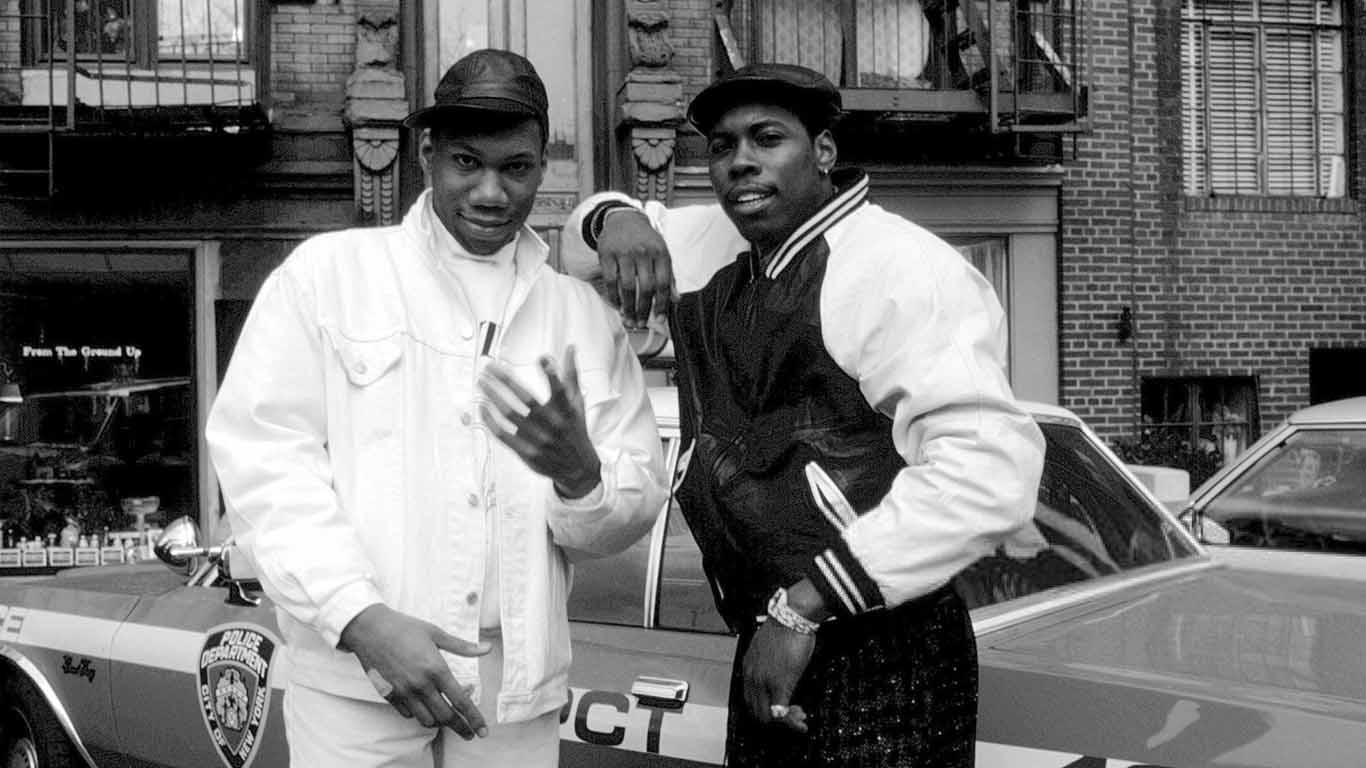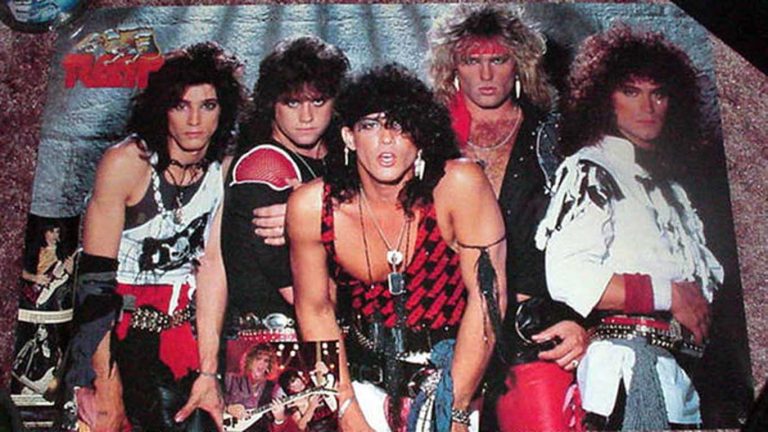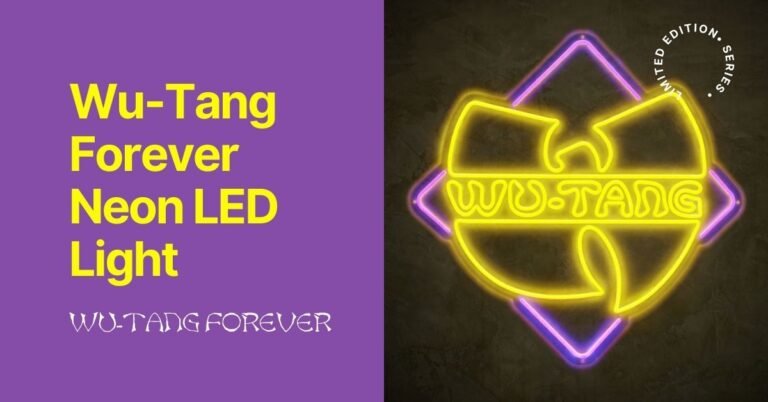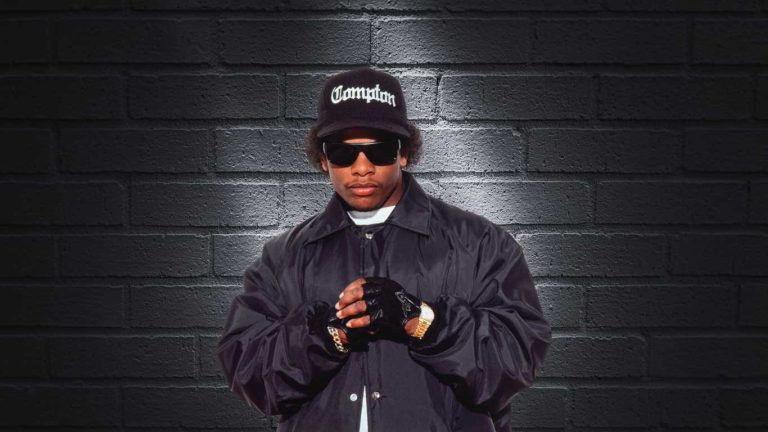Scott La Rock Remembered: A Pioneering Legacy in Hip-Hop History
Who was Scott La Rock, and why is he a pivotal figure in hip-hop history? Known for co-founding the influential group Boogie Down Productions alongside KRS-One, Scott La Rock’s indelible mark on the music industry was tragically cut short by his untimely death.
His legacy lives on through his groundbreaking work that helped to shape the sound and message of hip-hop in the mid-1980s. This article explores the life, career, and lasting impact of one of hip-hop’s early visionaries.
Core Insights to Scott La Rock:
- Scott La Rock rose to prominence within the hip-hop industry through his transformative partnership with KRS-One, forming the influential group Boogie Down Productions which left a lasting impact on hip-hop music and culture.
- Boogie Down Productions, specifically through their debut album ‘Criminal Minded’, pioneered the development of conscious rap and advanced production techniques which shaped the sound of hip-hop during its formative ‘Golden Age’.
- Despite his untimely death at the age of 25, Scott La Rock’s legacy continues through his influence on social awareness in hip-hop and the ongoing contributions by Boogie Down Productions’ members such as D-Nice, who strive to keep the spirit and message of the group alive.
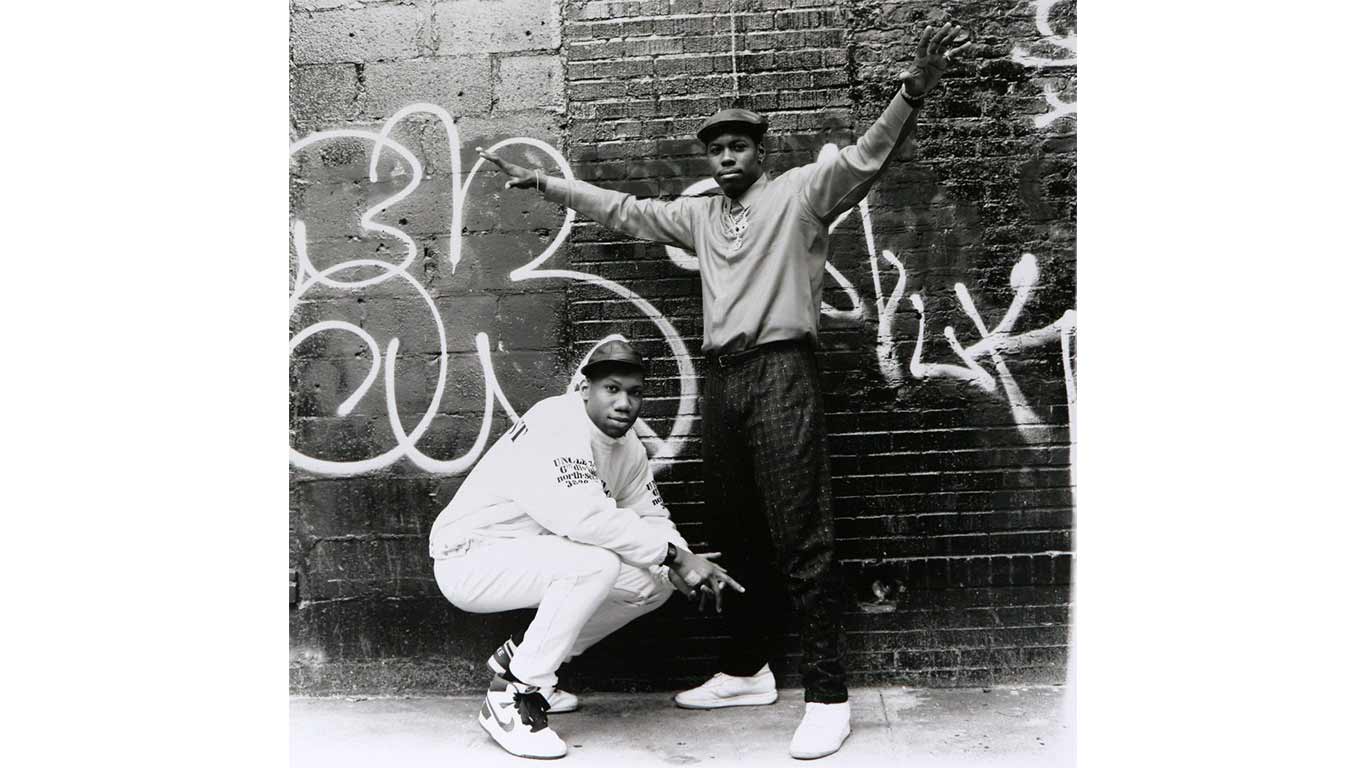
The Rise of Scott La Rock: From the South Bronx to Hip-Hop Stardom
Born Scott Monroe Sterling, Scott La Rock arrived in this world on March 2, 1962, in the Bronx, New York City. The son of a city employee, he grew up amid the pulsating energy of the South Bronx, a place synonymous with the birth of hip-hop.
His journey to stardom, however, was not a straight path. He was a scholar, graffiti artist, an athlete, and a social worker before he became a household name among hip hop fans.
The transformative moment of Scott La Rock’s music career came when he crossed paths with KRS-One. The two met at Franklin Armory Men’s Shelter in the Bronx, where Scott was a social worker. Their mutual passion for music culminated in the formation of Boogie Down Productions, heralding the start of Scott as a respected figure in hip-hop history.
Boogie Down Productions T Shirt: Hip-Hop Pioneers Tribute to Scott La Rock
Introducing the Boogie Down Productions T Shirt: A Stylish Tribute to Hip-Hop Pioneers and the Legendary Scott La Rock Boogie Down Productions T Shirt – Embrace the essence of hip-hop history with our exclusive tribute tee to Boogie Down Productions and the iconic Scott La Rock. Crafted with passion and precision, this shirt is more…
Early Life and Education
Born into the vibrant neighborhood of the Bronx, Scott Sterling’s childhood was steeped in the diverse cultural influences that characterized New York City in the 1970s. His parents separated when he was only four, leaving his mother, Carolyn, to raise him.
During his upbringing, he developed an interest in various forms of art and entertainment, including the Broadway Repertoire Theatre, which played a significant role in shaping his artistic sensibilities. As he grew older, Scott Sterling became a prominent figure in the world of theater and entertainment.

Scott pursued his education at Our Savior Lutheran High School in the South Bronx. Here, he excelled both in academics and sports, particularly basketball. His love for music began to take root during these formative years, setting the stage for his illustrious career in hip-hop. After high school, he went on to study at Castleton State College in Vermont, further solidifying his academic foundation.
Discovering a Passion for Music
During his adolescence, Scott’s passion for music started to flourish. He started his DJing career by performing at school parties, honing his skills and gaining valuable experience. His love for music was further kindled by his surroundings in the Bronx, a neighborhood burgeoning with the nascent sounds of hip-hop.
At the age of 25, Scott embarked on his professional DJing career. He worked as an assistant to renowned DJs such as Mr Magic and Red Alert, learning the ropes and refining his craft. His love for basketball, combined with his experiences of growing up amidst the emergence of hip-hop in the Bronx, fueled his dedication to music and his ambition to leave a mark in the music industry.
Meeting KRS-One and Forming Boogie Down Productions
The narrative of Scott La Rock’s life took a significant turn when he met Lawrence “Kris” Parker, better known as KRS-One. This meeting didn’t occur in a music studio or a club, but rather at the Franklin Armory Men’s Shelter, where Scott worked as a social worker.
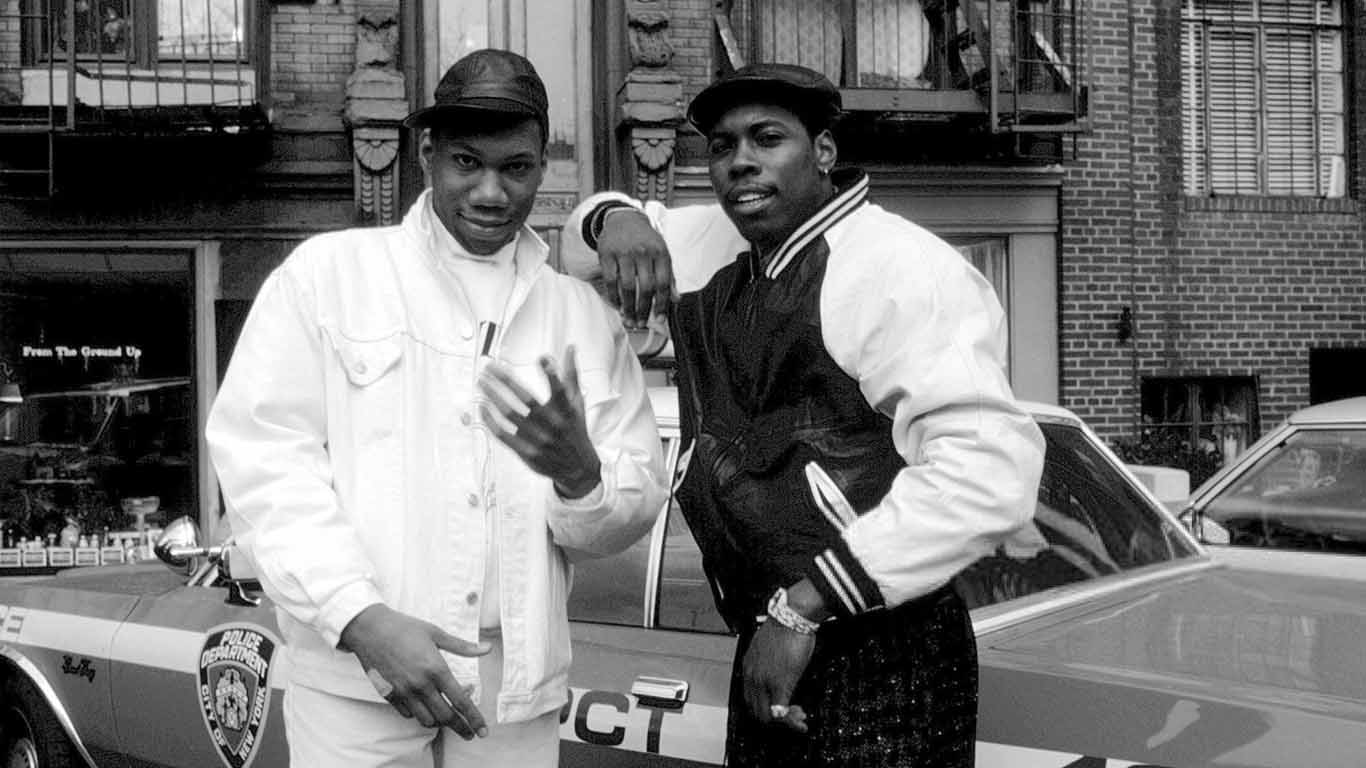
Their mutual love for music quickly sparked a friendship, setting the stage for a collaboration that would change the course of hip-hop history. It was through this connection that a significant pair formed, forever influencing the genre.
In 1985, Scott La Rock and KRS-One founded Boogie Down Productions. Scott served as the DJ, while KRS-One showcased his lyrical prowess as the MC. Their shared vision was to create music that reflected the reality of street life, aiming to achieve mainstream notoriety. And they succeeded. Scott La Rock was catapulted into stardom as Boogie Down Productions surged as a formidable force in the hip-hop scene.
The Impact of Boogie Down Productions on Hip-Hop Culture
Boogie Down Productions made an indelible mark on hip-hop culture. Their unique blend of reggae and hip-hop, coupled with their lyrical storytelling, set them apart from their contemporaries. They were pioneers, pushing the boundaries of what was considered “hip-hop” and creating a sound that was unmistakably theirs.
This innovative group didn’t just influence music; they shaped a culture. The birth of conscious rap was marked by their debut album, ‘Criminal Minded,’ which incorporated elements of hardcore consciousness and reggae. Their music also drew inspiration from Caribbean musical styles, further diversifying the hip-hop soundscape.
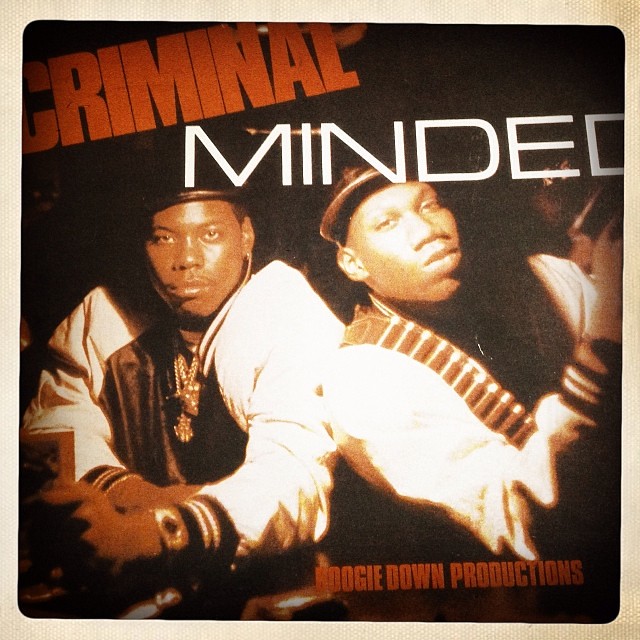
Bridge Wars and the Birth of Conscious Rap
The late 1980s witnessed one of the most significant rivalries in hip-hop history, famously known as the Bridge Wars. This rivalry involved MC Shan and Marley Marl from Queensbridge and KRS-One of Boogie Down Productions. Boogie Down Productions, under the leadership of KRS-One, played a pivotal role in this rivalry, with their songs ‘South Bronx’ and ‘The Bridge is Over’ becoming anthems of the era.
The Bridge Wars had a profound influence on the emergence of conscious rap, a sub-genre of hip-hop that focuses on social issues and seeks to inspire change. KRS-One’s socially conscious approach, combined with his lyrical prowess, positioned him as a thought leader in the hip-hop community and played a critical role in the birth of conscious rap.
Pioneering Production Techniques
Boogie Down Productions wasn’t just known for their impactful lyrics; they were also pioneers in the production realm. Scott La Rock employed a groundbreaking sound characterized by precise and robust drum programming, melodic components, and creative use of samples. With these innovative techniques, the horizons of hip-hop production were expanded, imprinting a lasting impact on the sonic evolution of the genre.
The group’s distinctive production methods were instrumental in shaping the sound of hip-hop during its Golden Age. Their innovative approach, as seen in tracks like ‘My Philosophy’ and the album ‘Criminal Minded,’ redefined hip-hop, pushing the boundaries of what was possible and inspiring future generations of artists and producers.
Graffiti Art and Visual Identity
Art and music often go hand in hand, and Boogie Down Productions was no exception. They integrated graffiti art into their work, primarily through KRS-One’s involvement as a graffiti artist, a form of art closely associated with hip-hop culture. This infusion of art and music created a unique visual identity for the group, further distinguishing them in the hip-hop scene.
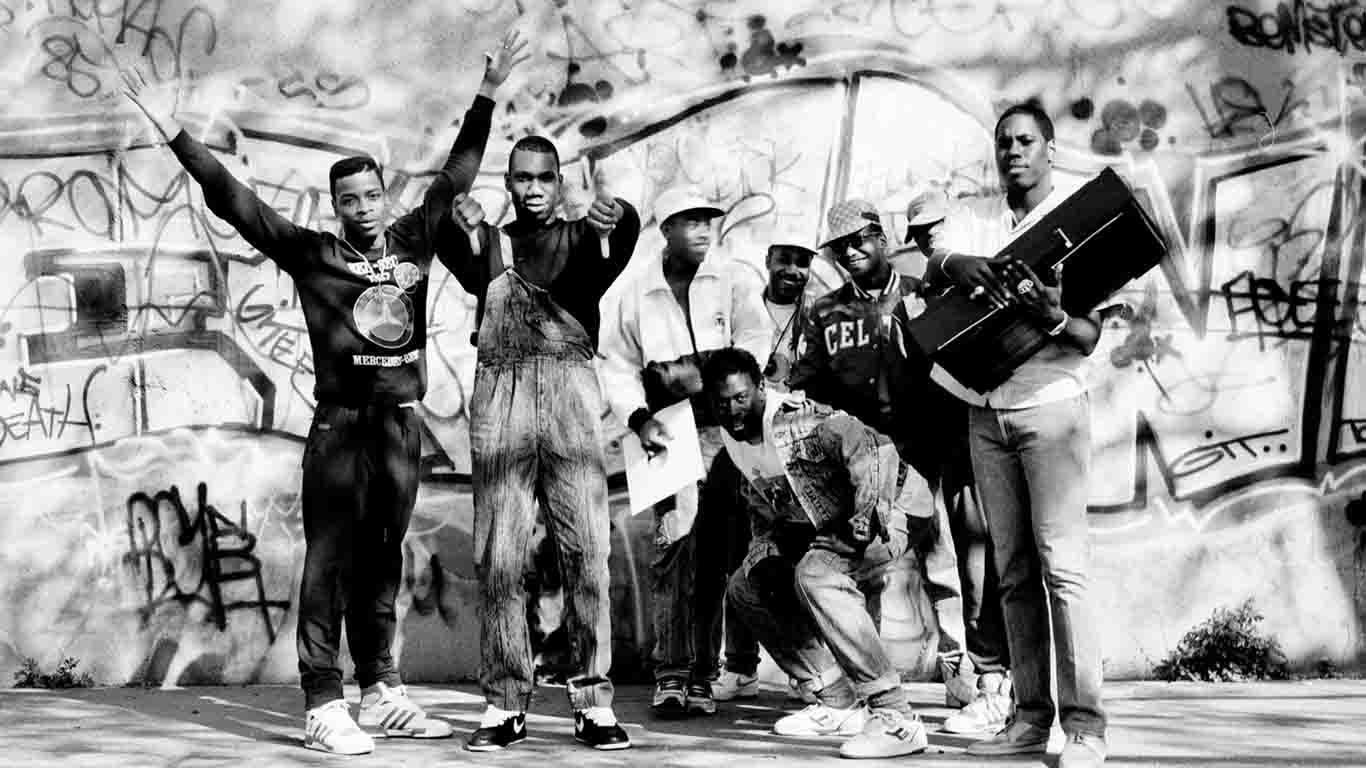
The visual identity of Boogie Down Productions was not just about aesthetics; it was a representation of their beliefs and values. It played a significant role in establishing their brand, shaping consumer perceptions, and impacting their position within the hip-hop community. The group’s visual identity portrayed KRS-One’s position as a self-taught individual and a voice of ethical and social awareness.
Scott La Rock as a Social Worker
Despite his success in the music industry, Scott La Rock never forgot his roots. Before his rise to fame, he was a dedicated social worker, serving his community with the same passion he brought to his music. Even as he climbed the ladder of success, he continued to advocate for the less fortunate, using his platform to inspire change.
Scott’s unique blend of social work and music made him a distinct figure in the hip-hop community. He effectively managed his music career while fulfilling his responsibilities as a social worker, demonstrating that it was possible to make a difference both on and off the stage.
Balancing Music and Social Work
Scott La Rock expertly balanced his life between his twin passions: music and social work. He dedicated his days to social work, aiding those in need, and used his evenings and weekends to pursue his music career. This delicate balance allowed him to make a significant impact in both fields, touching lives through his music and his humanitarian efforts.
Balancing these two demanding roles was no easy feat. Despite the challenges, Scott La Rock’s sheer dedication allowed him to excel in both. His social work skills and connections became a catalyst for his music endeavors, giving him a unique perspective that he infused into his music.
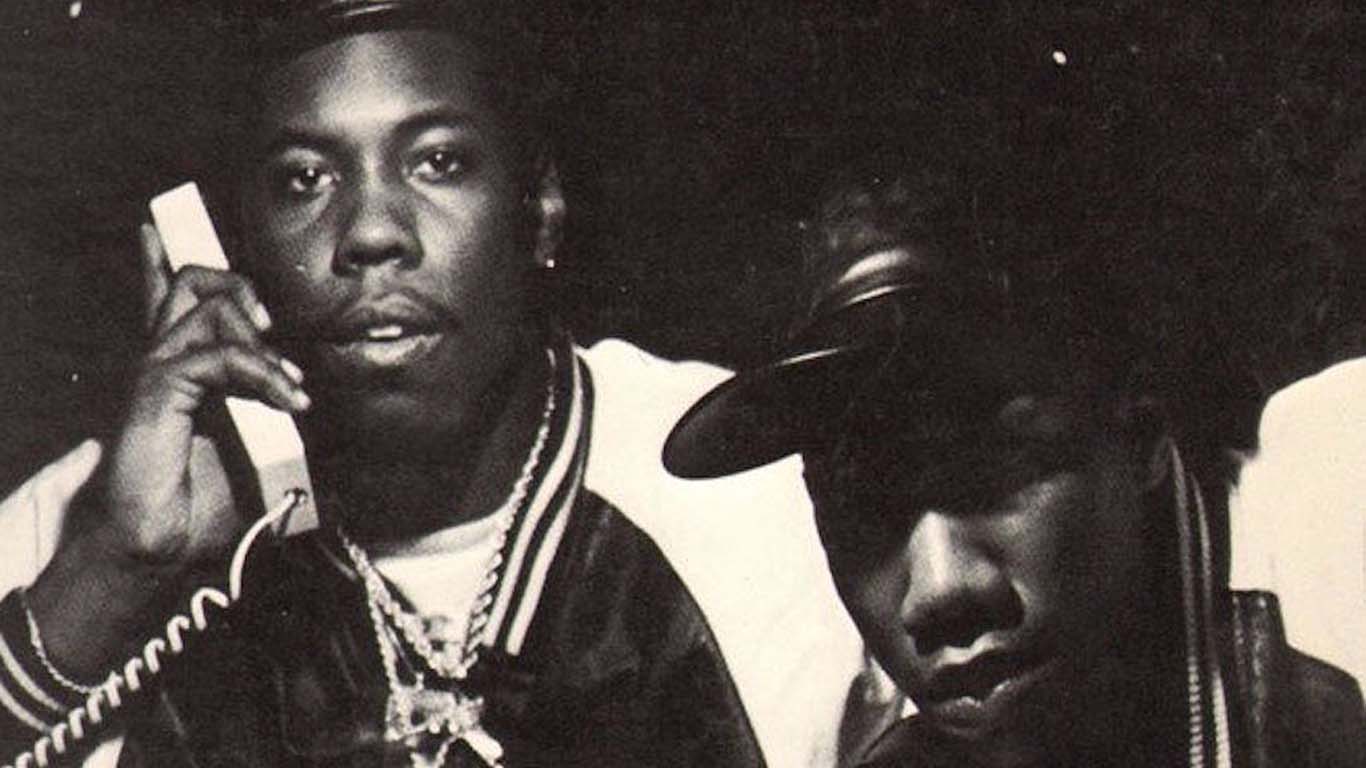
Advocacy for the Homeless and Underprivileged
Scott La Rock’s dedication to social work extended beyond his professional responsibilities. He was an advocate for the homeless and underprivileged, using his platform to raise awareness and inspire change. In his music, particularly in the album ‘Criminal Minded,’ he addressed social issues such as poverty and inequality, thereby becoming a voice for the voiceless.
Scott’s advocacy had a significant impact on the South Bronx community. His involvement in initiatives such as the Stop the Violence Movement left a lasting legacy, greatly influencing the local hip-hop community. His work serves as a model for other artists, demonstrating how music can be a powerful tool for social change.
Inspiring Change Through Music
Music holds the capability to inspire, motivate, and instigate change. Scott La Rock understood this power and harnessed it to create music that was not just entertaining but also thought-provoking and enlightening. He used his music as a platform for social change, addressing social issues and promoting activism.
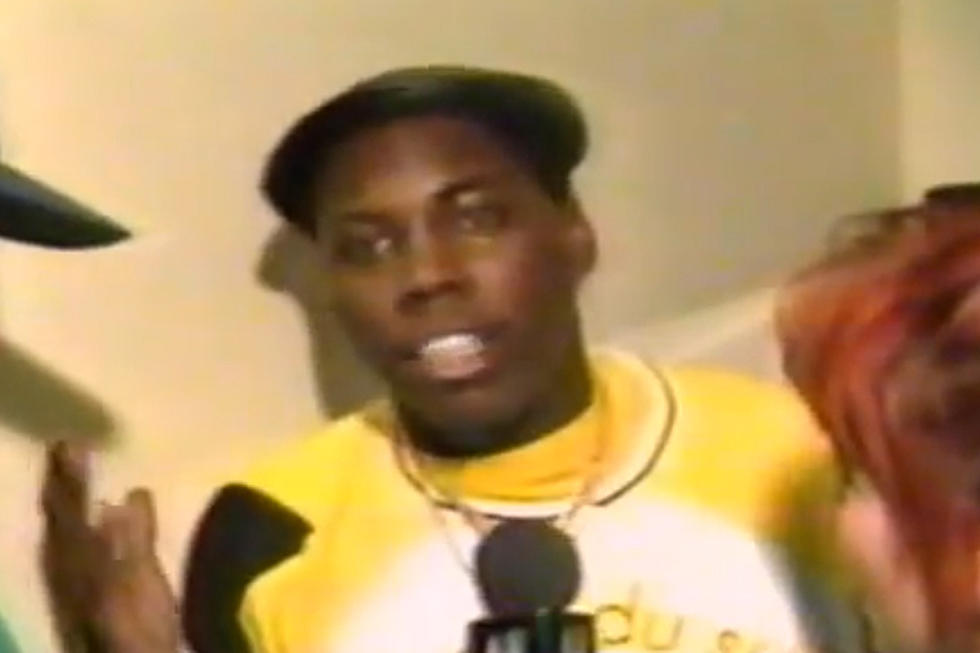
Songs like ‘Self-Destruction’ became a notable hip-hop anthem for social change, symbolizing Scott’s commitment to using his music to make a difference. His socially-conscious music was well-received, leading to a transition from violent to more socially conscious music in hip-hop. This shift in the hip-hop landscape is a testament to Scott La Rock’s enduring influence on hip hop fans.
Tragic Loss: The Death of Scott La Rock
In a tragic turn of events, Scott La Rock was shot and killed in the Bronx in 1987, cutting his life short. He was only 25. He was killed trying to intervene in a street fight when a bullet hit him in the back of his head, causing him to hit his head on the dashboard of his Jeep. The news of his death sent shockwaves through the hip-hop community, marking the end of an era.
Even though his death was untimely, Scott La Rock’s influence on hip-hop remained unfaded. His legacy continued to shape the genre, with artists and fans alike paying tribute to his contributions. His life serves as a reminder of the transformative power of music and the role it can play in effecting social change.
The Shooting Incident
The shooting incident that led to Scott La Rock’s death occurred outside the Highbridge Garden Homes on University Avenue in the South Bronx. It was a tragic end to a life that had been dedicated to uplifting others. Scott wasn’t involved in the fight. He had friends he was trying to mediate, to bring peace, but was caught in the line of fire.
Despite the arrest of the suspected shooters, Cory Bayne and Kendall Newland, the exact motive behind Scott’s murder remains unclear. The case serves as a stark reminder of the senseless violence that often plagues our communities.

Aftermath and Investigation
The tragic news of Scott’s death shook the hip-hop community. He was taken to Lincoln Hospital, where he arrived conscious but sadly passed away during surgery. The individuals responsible for the shooting were arrested, but the murder case remains unresolved, adding another layer of tragedy to an already heartbreaking story.
The hip-hop community was profoundly impacted by Scott’s death. His passing marked a significant loss, not only for his group Boogie Down Productions but also for the entire genre. The hip-hop community mourned his death but also celebrated his life and legacy, which continues to inspire and influence artists to this day.
Legacy and Tributes
Scott La Rock’s untimely death left a gaping hole in the hip-hop community, but his spirit lives on through his music. His influence can be felt in the work of many artists who came after him. His legacy is not only preserved in the music he created with Boogie Down Productions but also in the many tributes paid to him by fellow artists.
Songs like ‘Memory Of A Man And His Music’ by Scott La Rock & KRS-One and tributes by Urban Dance Squad and Icewater are testaments to his enduring influence. A street in the Bronx is now named DJ Scott La Rock Boulevard, a fitting tribute to a man who used his music to uplift his community and inspire social change.
D-Nice and the Continuation of Boogie Down Productions
After the death of Scott La Rock, D-Nice emerged as a key figure in continuing the spirit of Boogie Down Productions. A member of the group, D-Nice had a unique bond with Scott, and his loss deeply affected him. Despite this setback, D-Nice was determined to carry on the legacy of Boogie Down Productions.

His subsequent work reflected D-Nice’s commitment to preserving the spirit of the group. He made significant contributions to the group’s music, ensuring that their message of social consciousness and empowerment continued to resonate with hip-hop fans.
Friendship and Collaboration
D-Nice met Scott La Rock when he was just 15. This chance encounter sparked a friendship that had a profound impact on D-Nice’s life. Their shared passion for music led to a close collaboration that saw the creation of some of the most influential tracks in hip-hop history.
Despite Scott’s tragic death, D-Nice kept their shared vision alive. He continued to produce music that reflected their ideals, ensuring that the spirit of Boogie Down Productions lived on. His work serves as a tribute to his late friend, a testament to their shared passion for music and social change.
D-Nice’s Solo Career
Following the death of Scott La Rock, D-Nice embarked on a successful solo career. He released his debut solo album ‘Call Me D-Nice’ in 1990, which went on to become his most successful album. In his debut album and subsequent work, D-Nice continued to uphold the essence of Boogie Down Productions, ensuring that their message of social consciousness remained at the forefront of his music.
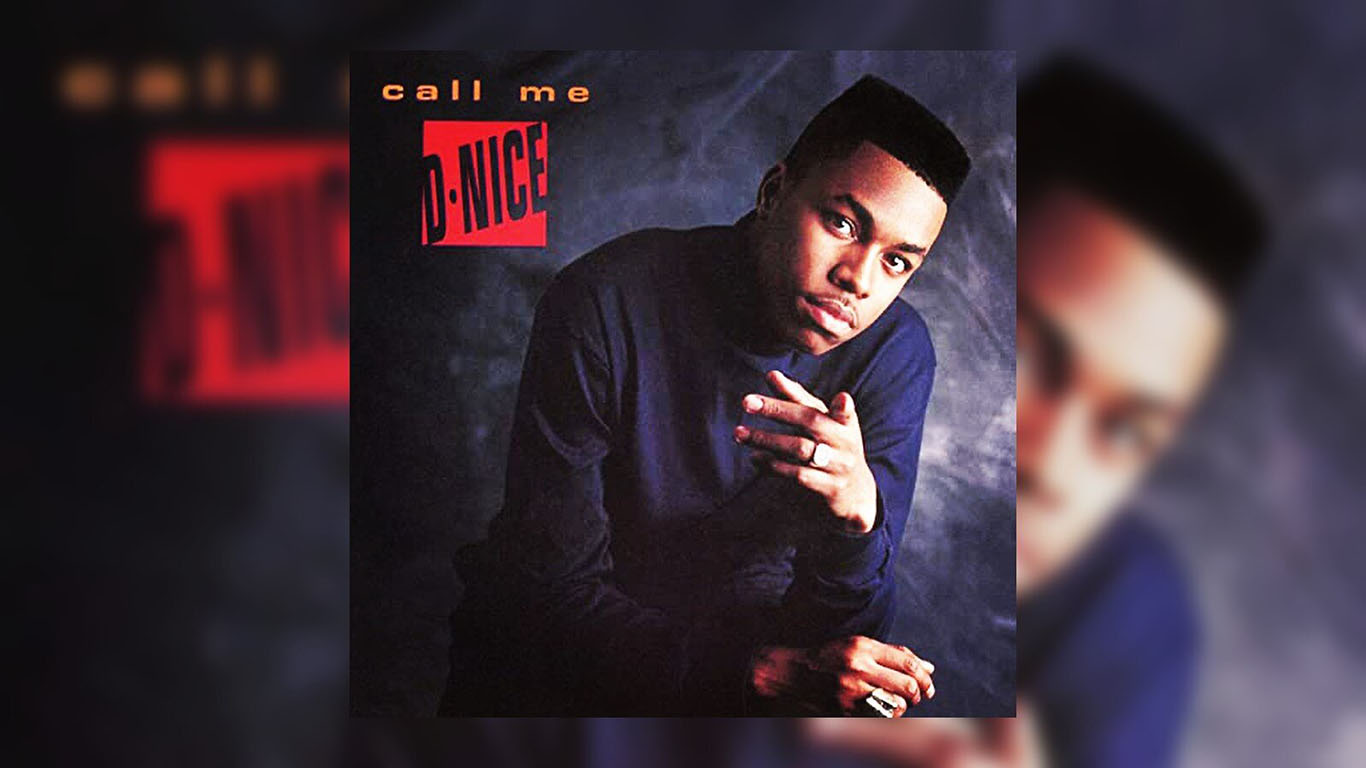
Throughout his career, D-Nice collaborated with notable figures in the hip-hop industry, such as KRS-One, Naughty by Nature, and Too Short. His music reflected a unique personal style, yet the influence of Scott La Rock and Boogie Down Productions was unmistakably present in his work.
Keeping the Spirit of Boogie Down Productions Alive
The spirit of Boogie Down Productions lives on in the hip-hop culture today. The group’s ideals, particularly their focus on social consciousness, continue to influence contemporary hip-hop. D-Nice has played a vital role in perpetuating this legacy, ensuring that the ideals of Boogie Down Productions continue to resonate with hip-hop fans today.
To keep the spirit of Boogie Down Productions alive, D-Nice has extended his efforts beyond music. His virtual dance parties, celebrity collaborations with brands like Martingale Cognac, and partnerships with prominent figures like Oprah and Michelle Obama are all efforts to introduce new experiences and traditions that reflect the group’s ethos.

SIGN UP FOR NEWSLETTER
Sign up to receive email updates on new product announcements, gift ideas, special promotions, sales and more.
Final Remarks
Scott La Rock’s life may have been tragically cut short, but his legacy lives on. His impact on hip-hop, both as a part of Boogie Down Productions and as a social worker, remains significant. Through his music, he gave a voice to the voiceless, championed social change, and left a lasting impression on the hip-hop genre.
His story serves as a testament to the transformative power of music, demonstrating how it can inspire change and uplift communities. While his death was a significant loss for the hip-hop community, his life and work continue to inspire future generations of artists. Scott La Rock’s legacy is a beacon of hope, a reminder that even in the face of adversity, it’s possible to make a difference.
Frequently Asked Questions
What happened to Scott La Rock?
Scott La Rock tragically died at the age of 25 after being struck by a bullet in the head, and he passed away shortly after being taken to Lincoln Hospital.
Who was Scott La Rock?
Scott La Rock, born Scott Monroe Sterling, was a pioneering figure in hip-hop, known for his work as a DJ and his role in forming the influential group, Boogie Down Productions. He played a crucial role in shaping the hip-hop landscape.
What was Boogie Down Productions?
Boogie Down Productions was a pioneering hip-hop group founded by Scott La Rock and KRS-One in 1985. They were known for their influential music and social awareness, shaping the landscape of hip-hop culture.
How did Scott La Rock balance his music career with his social work?
Scott La Rock balanced his music career with his social work by dedicating his days to social work and using his evenings and weekends to pursue his music career.
How has Scott La Rock’s legacy been preserved?
Scott La Rock’s legacy has been preserved through the music of Boogie Down Productions and tributes from fellow artists, while also continuing to influence the hip-hop genre.

